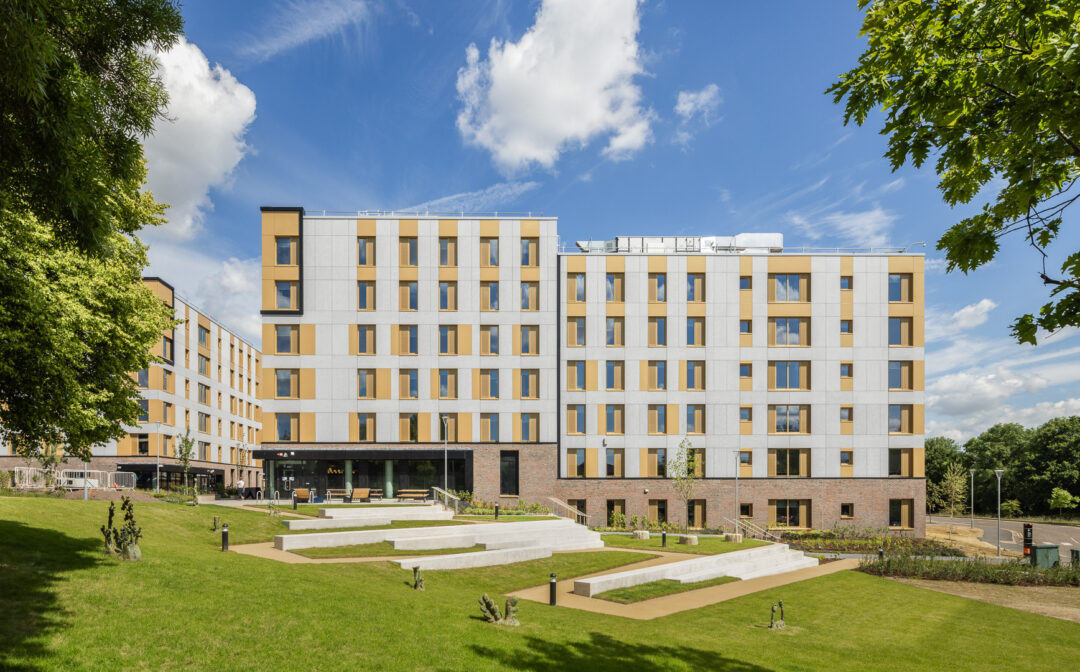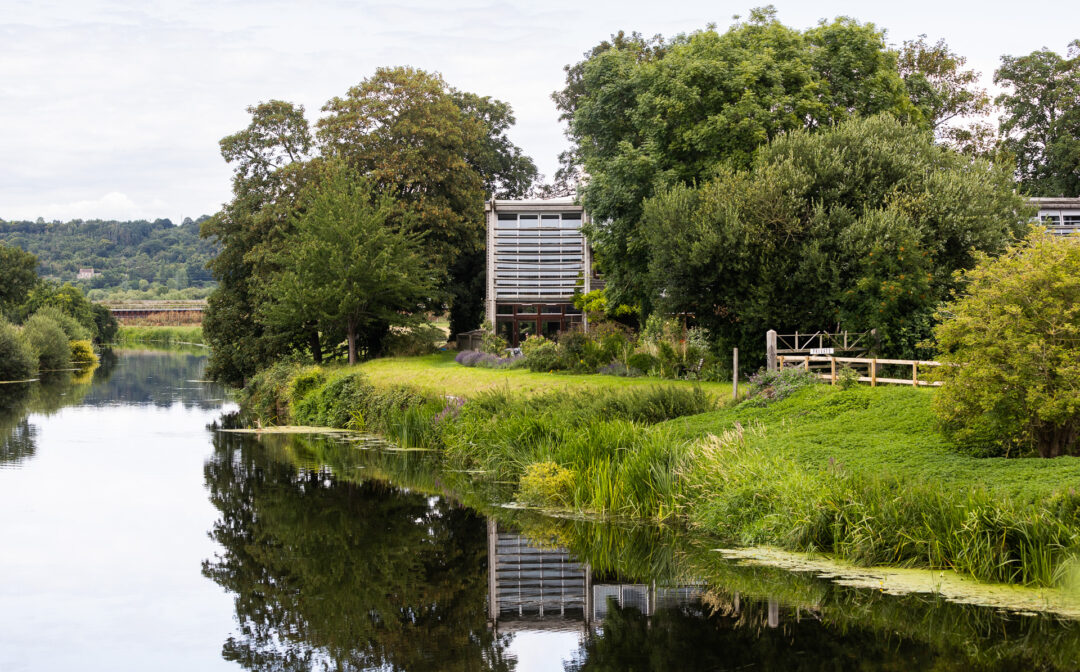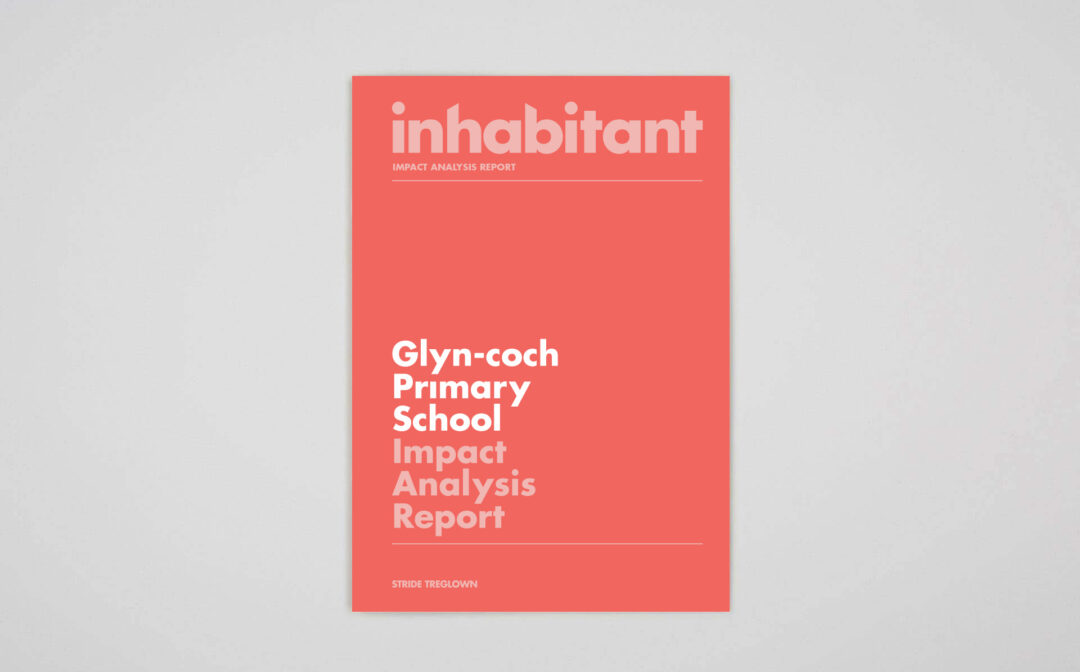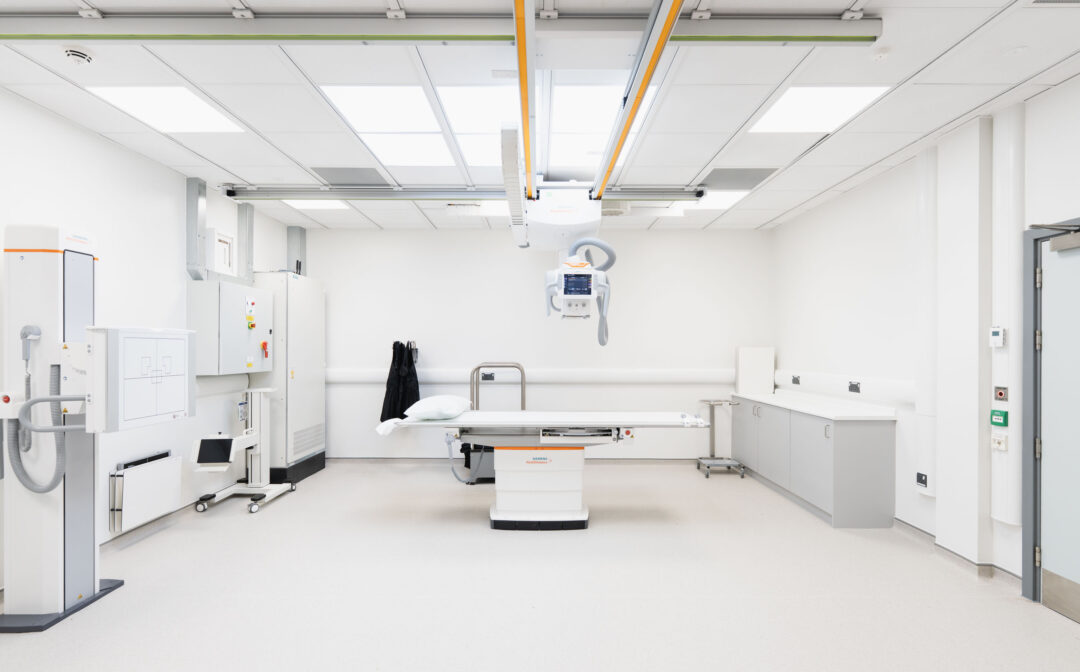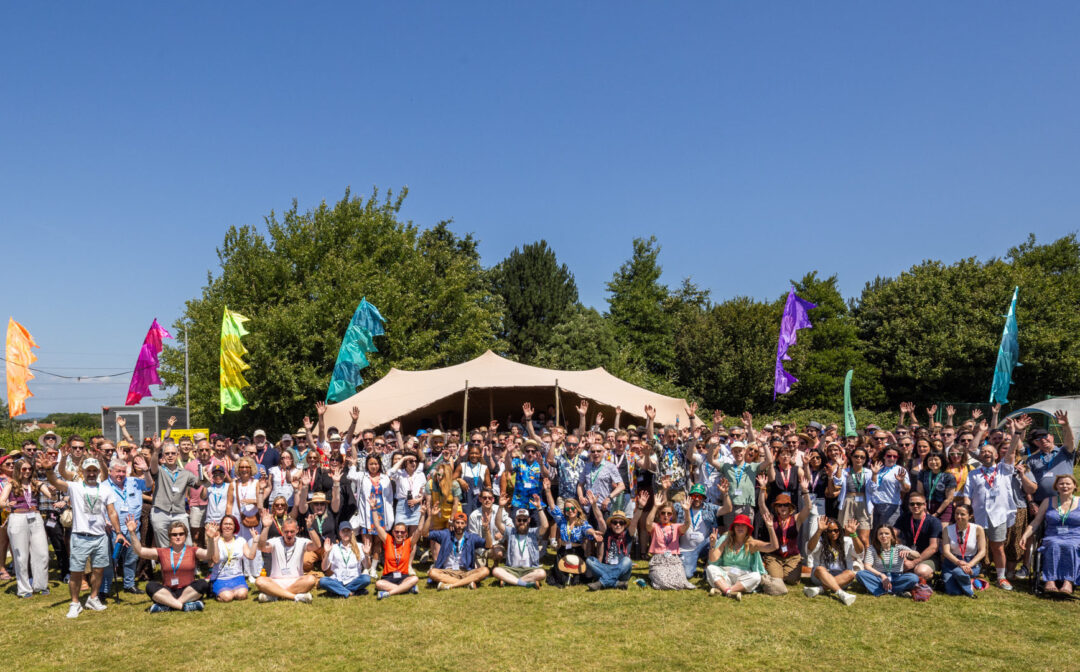Commuting between two cities. It sounds simple enough, but how difficult is it in reality? And what’s the real cost to both our wellbeing and the environment?
To pass the Climate Action Relay baton from Bristol to Bath, we put 10 commuters to the test in a race against pollution, inefficiency—and the clock. Over a distance of 15 miles, we wanted to find the quickest, most cost-effective, convenient, and carbon-efficient method of transport from office to office.
Of course, being a commute, our competitors would also be ranked on how work-ready they were when they arrived—prepared to answer emails and handle a surprise challenge en-route.
So ahead of COP26, and in a nod to 2016’s Man vs. Machine race, it’s time to test the sustainability of inter-city travel.
Welcome to the Stride Treglown 2021 Bristol to Bath Carbon Commuter Challenge.
How we rank the competitors
There are two ways we’re ranking the winners. First by speed, the most obvious and easiest to calculate. And then, by putting a financial cost to the above factors—time, carbon, comfort, and convenience—to find their overall ranking.
Live tracking
Using RaceMap, we were able to track the competitor’s progress in real time.
Results Round 1: Speed
| Transport | Competitor | Time |
| Train + fold-up electric bike | John Kirkby | 00:39:40 |
| Motorbike | Janet Street | 00:48:10 |
| Train + fold-up bike | Peter Badger | 00:49:30 |
| Train + e.scooter | Ruth Skidmore | 00:53:40 |
| Electric bike | James Horner | 00:59:41 |
| EV | John Wright | 01:06:10 |
| Train + bus + walk | Rachel Bell | 01:09:51 |
| Diesel van + park and ride | Lauren Cook | 01:23:11 |
| Bike | Peter Fenton | 01:30:51 |
| Bus | Kieran Lilley | 01:48:11 |
In simple door to door speed from Bristol to Bath, two wheels are faster than four—especially when you can carry them onto the train. It also helps to have power assistance on your two wheels, whether that’s by bike or e-scooter, with John K, Janet, Ruth, and James doing a number on the four-wheelers—and the traditional road bike.
Where we introduce cars and buses to the mix, the journey becomes more arduous. It took almost an hour for John Wright in the EV to complete the 15-mile journey. And for the poor soul on the bus, sorry Keiran, the journey was almost two hours.
But, of course, the challenge isn’t that simple.
Results round 2: overall winners
When we factor in work readiness, the overall times begin to look a little different.
| Transport | Competitor | Time |
| Train + fold-up electric bike | John Kirkby | 00:56:00 |
| Train + e.scooter | Ruth Skidmore | 00:56:00 |
| Motorbike | Janet Street | 00:57:00 |
| Train + fold-up bike | Peter Badger | 00:58:00 |
| Train + bus + walk | Rachel Bell | 01:20:00 |
| EV | John Wright | 01:22:00 |
| Electric Bike | James Horner | 01:26:00 |
| Diesel van + park and ride | Lauren Cook | 01:28:00 |
| Bike | Peter Fenton | 01:46:00 |
| Bus | Kieran Lilley | 02:05:00 |
Kieran and Rachel had time to respond to emails on their commute and were ready to start their day by the time they arrived. For the cyclists who arrived early, they lost that time having to shower and change—with no chance of completing their surprise task en-route.
And when we factor in the cost, carbon, and convenience as well, here are the total scores.
(To work this out, we took the extra time people took over and above the fastest time, and ‘charged’ that at £5/hour (and then £10/hour)—on the basis that people might pay an extra £5 to save an hour of time.
We then applied a $400/tonne offset cost—it’s possible to offset for far less, but this is the going rate in some places—with the results showing how little impact carbon has when compared to time and cost).
| Total Time | Competitor | Total Time | Total Cost | Carbon | Comfort & Convenience | Repeat | Total |
| Train + electric bike | John Kirkby | 10 | 6 | 7 | 8 | 10 | 41 |
| Train + fold-up bike | Peter Badger | 7 | 7 | 8 | 8 | 10 | 40 |
| Cycle | Peter Fenton | 2 | 10 | 10 | 7 | 10 | 39 |
| Motorbike | Janet Street | 8 | 8 | 2 | 10 | 10 | 38 |
| Train + e.scooter | Ruth Skidmore | 10 | 3 | 7 | 7 | 10 | 37 |
| Electric bike | James Horner | 4 | 9 | 9 | 7 | 7 | 36 |
| Train + bus + walk | Rachel Bell | 6 | 4 | 5 | 8 | 10 | 33 |
| Electric car | John Wright | 5 | 5 | 4 | 8 | 9 | 31 |
| Diesel van + P&R | Lauren Cook | 3 | 1 | 1 | 8 | 6 | 19 |
| Bus/walk | Kieran Lilley | 1 | 2 | 3 | 2 | 2 | 10 |
For James on the electric bike, the power assistance made the 15-mile journey easier on the hills—a luxury Pete Fenton on the traditional bike couldn’t enjoy. James said:
“I’d generally only do shorter trips on the electric bike, but I’m surprised how well the battery lasted. It was still 50% full when I got to Bath.”
But with no real cycling infrastructure between the two cities, things got a little hairy for James:
“I was jettisoned into a line of HGV’s and buses… I’d probably just take the train next time.”
So, serious points dropped on comfort and convenience for the cyclists. Less perilous, but also far less carbon-efficient, was the diesel van with park and ride. Lauren Cook, Town Planner, said:
“It felt a bit strange getting so close to the office in the van, but then having to reroute to jump on a bus. But, from a planning perspective, it has benefits. It’s a great way of reducing congestion in the city, freeing up prime development spots that are currently used for car parking.”
For Rachel and Ruth taking the train, the hop-on-hop-off electric scooter proved to be a faster, more convenient, and eco-friendly option over the bus to complete the first leg of the journey.
How viable is low carbon inter-city travel?
John Wright explains:
“There’s a big financial outlay to electric cars and electric bikes, so being able to travel long distances in a sustainable way is a luxury we can’t take for granted. And even if you can afford them, new EVs have extremely long wait times because of the microchip shortage.”
Then there are issues like the recent fuel crisis—or the lack of cycling infrastructure—potentially forcing our hands toward trains, and then finishing the route with cycling, e-scooters, or walking.
We knew this wouldn’t be a straightforward ‘race’. But it does appear that two wheels (especially when battery-assisted) are better than four. In response, we’ve increased Stride Treglown’s cycle to work scheme allowance to £2,500—up from £1,500—making it easier for staff to choose from a better selection of electric bikes.
What will continue to race on is the debate around what solutions are best for people, planet, businesses and communities. Expect more on this soon.
Where next for the Relay?
This week the Climate Action Relay is in Belfast. Expect some reflections on Todd Architects working practices and a Northern Ireland focussed construction industry debate.
Visit the full Climate Action Relay programme and follow live on Instagram, Twitter, and LinkedIn: #ClimateActionRelay. All of our events are free, so join in, take action, and spread the word.
